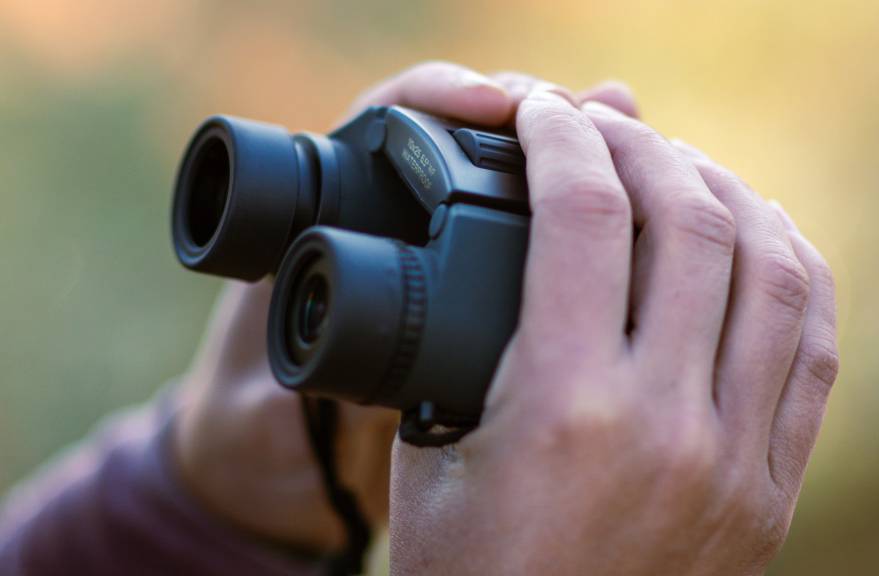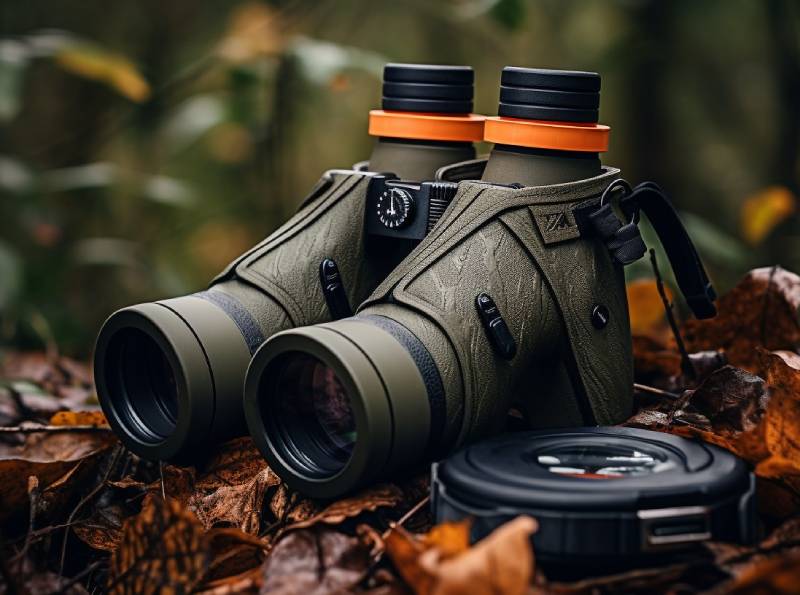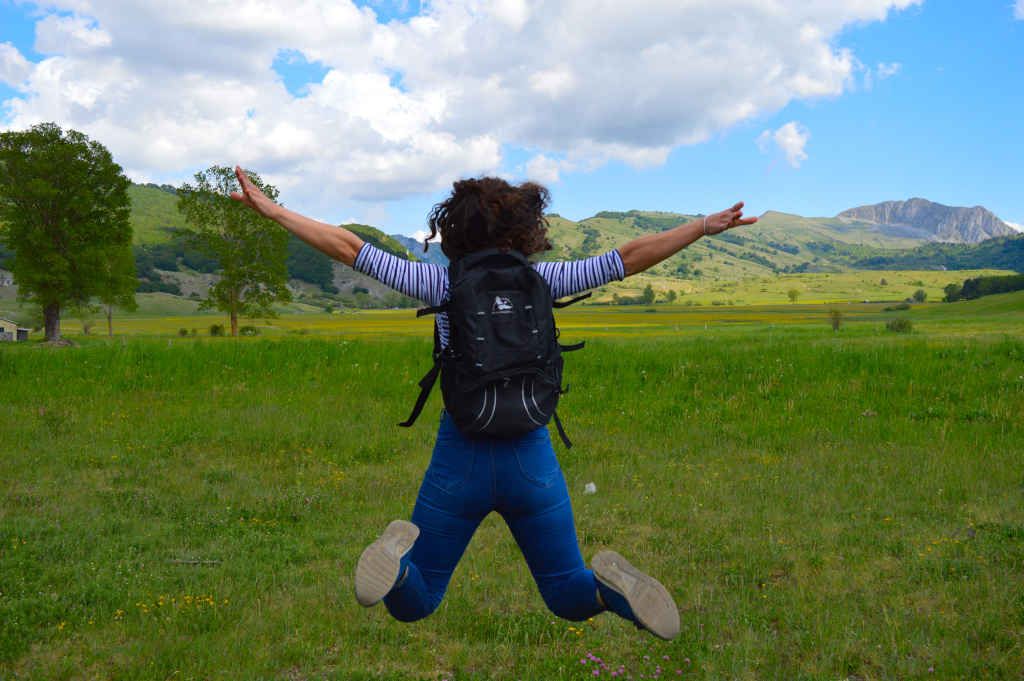Camping without electricity offers a unique and fulfilling way to reconnect with nature and simplify your life. While it might seem challenging at first, preparing for an off-the-grid camping experience can be incredibly rewarding. This guide provides tips for camping with no electric and strategies to ensure your adventure is comfortable, safe, and enjoyable.
Tips for Camping With No Electric
1. Choosing the Right Location

Selecting a suitable campsite is crucial for a successful no-electricity camping trip. Look for sites that offer natural shelters, water sources, and ample space for setting up your camp.
- Research Campsites: Use guidebooks, online resources, and local information to find campsites that are known for their natural beauty and resources.
- Check Regulations: Ensure the campsite allows for no-electricity camping and understand any regulations or restrictions.
- Access to Water: Proximity to a clean water source is essential. If none is available, be prepared to bring sufficient water or a reliable water filtration system.
2. Essential Gear for Off-the-Grid Camping
Without electricity, you’ll need to rely on gear that can function independently. Here’s a list of essential items to pack:
- Shelter: A sturdy tent that can withstand various weather conditions. Ensure it’s easy to set up and dismantle.
- Sleeping Gear: Sleeping bags rated for the expected temperatures, sleeping pads for insulation and comfort, and compact pillows.
- Cooking Equipment: Portable camping stoves, pots, and pans. Consider a multi-fuel stove for versatility.
- Lighting: Battery-operated or solar-powered lanterns and headlamps. Bring extra batteries or a solar charger.
- Navigation Tools: Maps, compass, and a GPS device if needed. Ensure you know how to use them.
3. Food and Cooking Tips
With no refrigeration and limited cooking options, planning your meals carefully is vital.
- Non-Perishable Foods: Pack items like dried fruits, nuts, canned goods, pasta, rice, and dehydrated meals.
- Cooler Management: If bringing perishable items, use a high-quality cooler and pack it with ice. Consume perishable foods first.
- Efficient Cooking: Plan simple meals that require minimal cooking time and equipment. One-pot meals are convenient and reduce cleanup.
- Campfire Cooking: If allowed, cooking over a campfire can be enjoyable. Bring a grill grate, skewers, and foil for various cooking methods.
4. Staying Hydrated
Water is essential for survival, so having a reliable plan for hydration is critical.
- Water Filtration: Bring a water filter or purification tablets to treat water from natural sources.
- Hydration Pack: A hydration bladder can be convenient for hiking and daily use.
- Water Storage: Carry collapsible water containers to store treated water at your campsite.
5. Staying Warm and Dry

Weather conditions can be unpredictable, so being prepared for rain and cold is essential.
- Clothing: Pack layers, including moisture-wicking base layers, insulating mid-layers, and waterproof outer layers.
- Footwear: Waterproof hiking boots and extra socks to keep your feet dry.
- Shelter from Rain: Bring a tarp or canopy to create a dry area outside your tent.
- Stay Dry: Store gear in waterproof bags or use garbage bags as liners inside your backpack.
6. Personal Hygiene
Maintaining hygiene without modern conveniences can be challenging but manageable.
- Biodegradable Soap: Use for washing hands, body, and dishes.
- Portable Shower: A solar shower bag can provide warm water for washing.
- Toilet Supplies: Bring a portable toilet or know how to properly dig a cathole. Pack out all waste where required.
- Hand Sanitizer: Essential for keeping hands clean when water is scarce.
7. Entertainment and Activities
Without electronic devices, you’ll need to find other ways to entertain yourself and your group.
- Books and Journals: Reading and journaling are excellent ways to relax and reflect.
- Games: Bring card games, board games, or outdoor games like frisbee or bocce ball.
- Hiking and Exploring: Plan hikes and nature walks to explore the surroundings.
- Stargazing: Without light pollution, stargazing can be a mesmerizing activity. Bring a star chart or a stargazing app.
8. Safety and First Aid
Being prepared for emergencies is crucial, especially in remote areas.
- First Aid Kit: A comprehensive first aid kit tailored for camping. Include bandages, antiseptic, pain relievers, and any personal medications.
- Emergency Communication: A whistle, mirror, and signal flares. Consider a satellite phone or personal locator beacon for remote areas.
- Wildlife Safety: Know how to store food properly to avoid attracting animals and understand how to behave if you encounter wildlife.
9. Leave No Trace
Practicing Leave No Trace principles ensures that you minimize your impact on the environment.
- Plan Ahead: Know the regulations and special concerns for the area you’ll visit.
- Travel and Camp on Durable Surfaces: Stick to established trails and campsites.
- Dispose of Waste Properly: Pack it in, pack it out. Dispose of all waste, including food scraps and toilet paper.
- Leave What You Find: Preserve the natural environment by not disturbing plants, rocks, or historical artifacts.
- Minimize Campfire Impact: Use a camp stove for cooking and keep campfires small. Only use dead and downed wood.
- Respect Wildlife: Observe animals from a distance and never feed them.
- Be Considerate of Others: Maintain a quiet camp and respect other campers’ experience.
10. Mental Preparation

Finally, mentally preparing for a no-electricity camping trip is as important as physical preparation.
- Embrace the Simplicity: Adjust your mindset to appreciate the slower pace and simplicity of life without modern conveniences.
- Stay Flexible: Be ready to adapt to changing conditions and unforeseen challenges.
- Connect with Nature: Take time to observe and enjoy the natural surroundings, from the flora and fauna to the changing weather patterns.
Conclusion
Camping without electricity might seem daunting, but with the right preparation and mindset, it can be a deeply rewarding experience. It offers a chance to disconnect from the hustle and bustle of modern life and reconnect with nature in a profound way. By following these tips, you can ensure your off-the-grid camping adventure is safe, comfortable, and enjoyable.






